Publications
Articles, publications, books, tools and multimedia features from the U.S. Institute of Peace provide the latest news, analysis, research findings, practitioner guides and reports, all related to the conflict zones and issues that are at the center of the Institute’s work to prevent and reduce violent conflict.
USIP: Teaching African Peacekeepers How to Keep the Peace
USIP trained hundreds of African peacekeepers in seven nations this year in how to negotiate and mediate the peace.
State Official to Discuss U.S. Responses to Humanitarian Crises
In the humanitarian crisis hitting the Horn of Africa, the international community faces a complex set of factors that extend beyond the need to relieve the region’s vast famine and human dislocation.
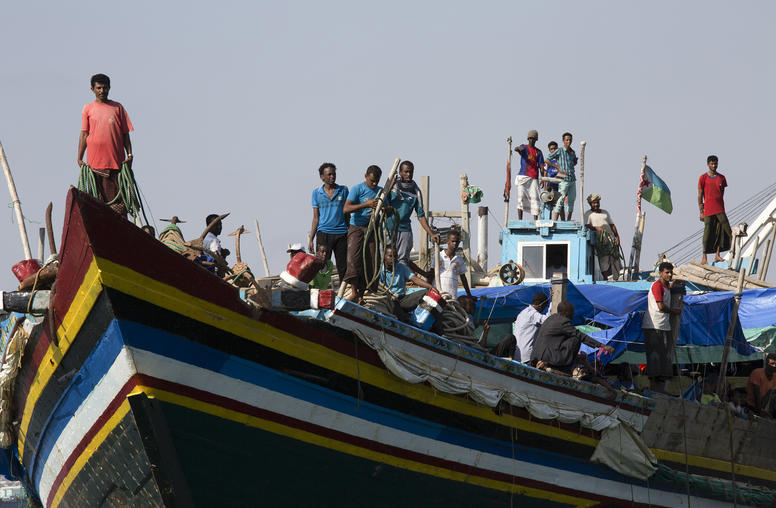
Why the U.S. Needs a Special Envoy for the Red Sea
The Trump administration has appointed four special envoys to coordinate U.S. policy toward key hot spots: Iran, North Korea, Syria, and Afghanistan. Yet in the Red Sea—one of the most volatile and lethal regions of the world afflicted by several interconnected conflicts and rivalries that pose significant challenges to American interests—U.S. policy has been rudderless in large part due to the absence of a similar post.
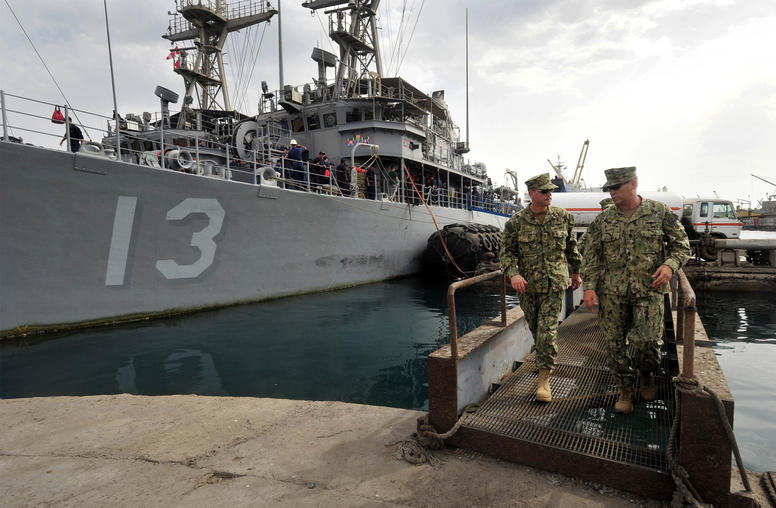
In Red Sea Region, Competing Outside Powers Complicate U.S. Interests
David Shinn, a former U.S. ambassador to Ethiopia and Burkina Faso, examines how great and regional power competition is impacting political and security dynamics in the Horn of Africa and complicating U.S. interests in the region.
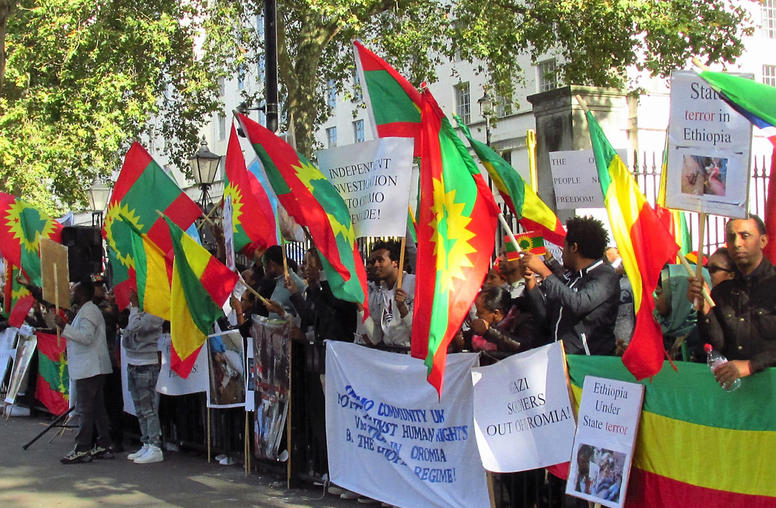
A Year of Change in Ethiopia
A year ago today, 42-year old reformist politician Abiy Ahmed became prime minister of Ethiopia. Abiy came to power during a deep political crisis with widespread grievances across this country of over 105 million people, and quickly began to enact political reforms. USIP’s Aly Verjee and Payton Knopf discuss Abiy’s year as prime minister and identify the challenges that lie ahead for eastern Africa’s most populous country.
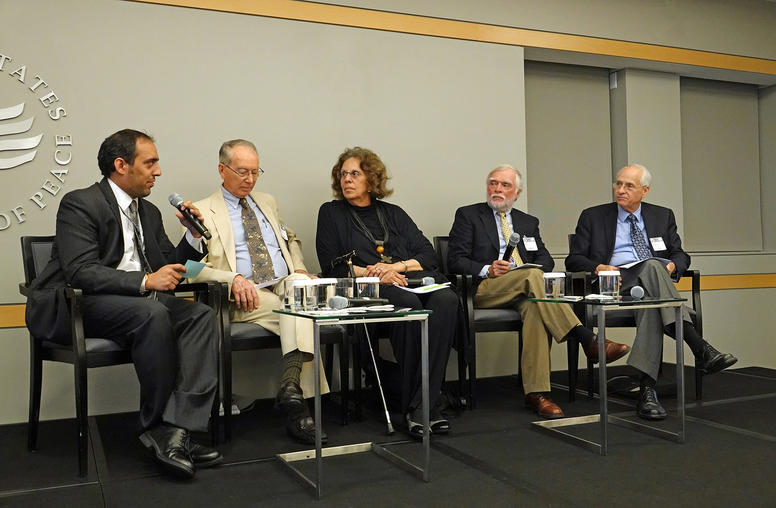
In Ethiopia, Former U.S. Diplomats See Promise in Reform
In Ethiopia, political prisoners are free and the security services revamped. Women now comprise half the cabinet, and serve as ceremonial head of state, chief justice, and chair of the electoral commission. Significant steps have been taken toward resolving a 20-year conflict with neighboring Eritrea and reforms to unleash the economy—already one of Africa’s fastest growing—are ostensibly on the way. Elections are slated for next year. Under Abiy Ahmed, the nation’s popular new prime minister, Ethiopia is changing in ways long desired by American policymakers, agreed four former U.S. ambassadors to the country. Yet the most the U.S. is likely to do is offer encouragement and a bit of support, they said.
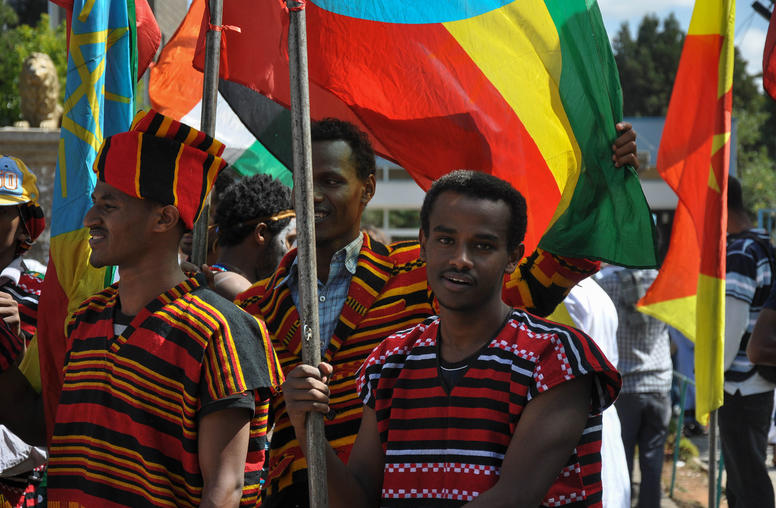
In Southern Ethiopia, Trouble Brews in Sidama
The southern Ethiopian area of Sidama is famous for its coffee. But amid the beans, bitterness lingers. More than 50 people were killed in recent violence, as Ethiopia struggles with demands for the creation of a new Sidama ethnic federal state—a right explicitly permitted by the national constitution. USIP’s Aly Verjee discusses the implications of this latest challenge to peace in Africa’s second most populous country.
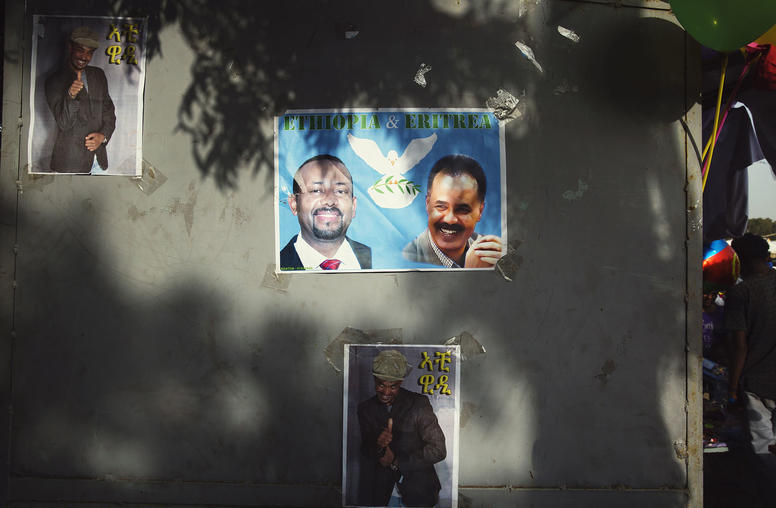
A Year After the Ethiopia-Eritrea Peace Deal, What Is the Impact?
Ethiopia and Eritrea signed a peace agreement just over a year ago to end two decades of a “frozen war.” The accord, which resolved a seemingly intractable border dispute after Ethiopian Prime Minister Abiy Ahmed took office and accepted an independent commission’s 2002 boundary decision, was greeted with tremendous optimism in both countries and by international observers.

Ethiopia’s Experiment in Reconciliation
In February 2019, the Ethiopian parliament adopted a landmark proclamation establishing a national reconciliation commission, the first-ever such institution in Ethiopia. Six months on, the commission has developed a three-year plan and begun consultations. But the body was formed without broad-based political consensus regarding its mandate, so has yet to win the critical trust of Ethiopia’s many social and political groups. Dr. Solomon Ayele Dersso discusses the mandate of this body, the challenges ahead, and how the commission could help build peace in Africa’s second most populous country.
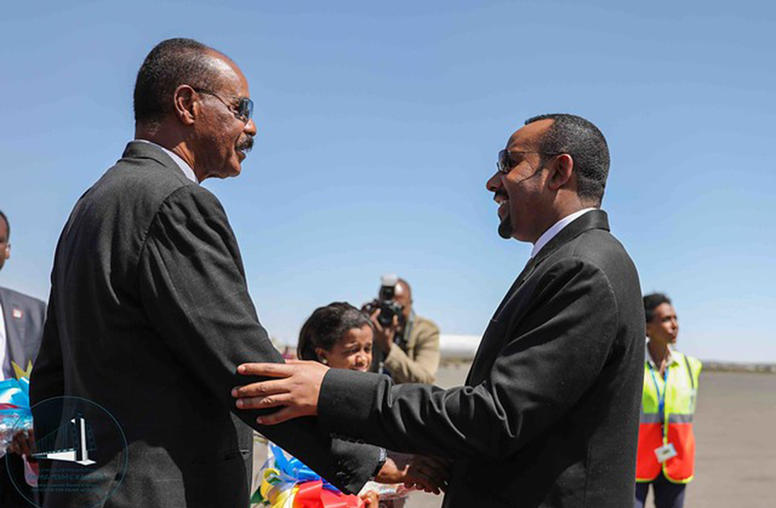
Nobel Laureate Abiy Ahmed’s Next Peacebuilding Project Should be at Home
Ethiopian Prime Minister Abiy Ahmed has remained in the news in the weeks following his 2019 Nobel Peace Prize—but not for the reasons you’d expect. An estimated 86 people have died in violence sparked by an alleged assassination attempt against a prominent political opposition leader. This tragedy is symptomatic of Ethiopia’s fragile transition and demonstrates the urgency for Dr. Abiy to focus his energies at home to deliver a peaceful transition for the 105 million Ethiopians counting on his leadership.